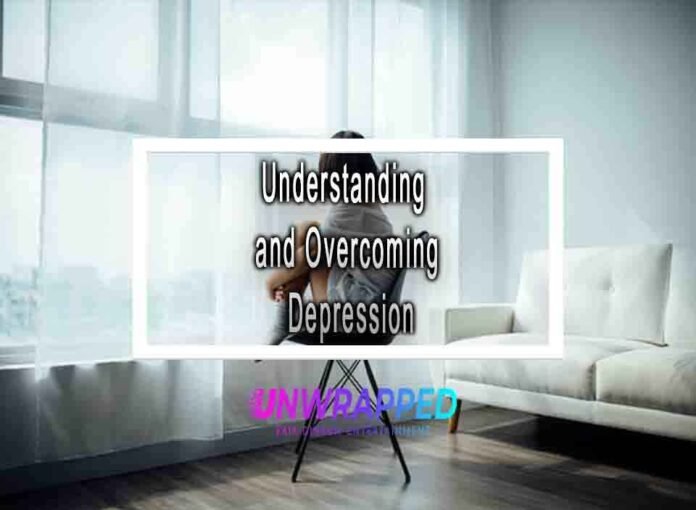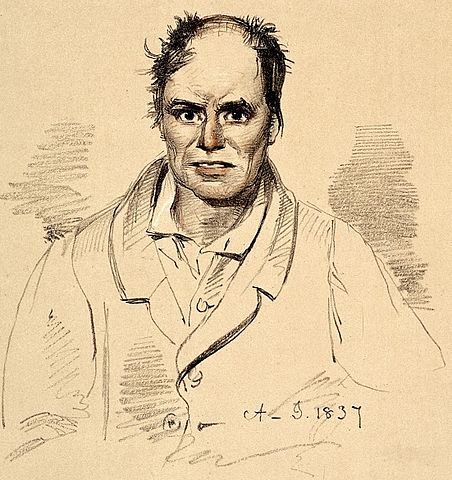Depression is a common and treatable mental health condition that affects millions of people worldwide. It’s characterized by persistent feelings of sadness, hopelessness, and a lack of interest or pleasure in daily activities. While depression can be challenging, it is also highly manageable. Here’s an overview of depression, including its causes, symptoms, and strategies for overcoming it:
Causes of Depression:
The exact cause of depression can vary from person to person, and it’s often a complex interplay of factors. Common contributors include:
- Biological Factors: Imbalances in brain chemicals (neurotransmitters) like serotonin and norepinephrine can affect mood regulation.
- Genetic Factors: A family history of depression can increase the risk of developing the condition.

- Life Events: Traumatic events, chronic stress, or major life changes can trigger depressive episodes.
- Physical Health: Certain medical conditions, chronic pain, or medication side effects can contribute to depression.
- Psychological Factors: Low self-esteem, a history of trauma or abuse, and negative thinking patterns can increase vulnerability.
- Substance Abuse: Alcohol or drug use can exacerbate or lead to depression.
Common Symptoms of Depression:
Depression manifests in various ways, and its symptoms can range from mild to severe. Common symptoms include:
- Persistent Sadness: Feeling persistently sad, down, or empty most of the day.
- Loss of Interest: Losing interest or pleasure in activities that were once enjoyable.
- Fatigue: Feeling tired, lacking energy, and experiencing physical and mental sluggishness.
- Changes in Sleep: Experiencing sleep disturbances, which can involve either insomnia or excessive sleeping.
- Appetite Changes: Changes in appetite, often resulting in weight loss or gain.
- Difficulty Concentrating: Trouble concentrating, making decisions, or remembering things.
- Feelings of Worthlessness: A sense of worthlessness, guilt, or self-blame.
- Physical Symptoms: Experiencing physical symptoms like headaches, aches, and digestive problems.
- Thoughts of Death or Suicide: Frequent thoughts of death, suicide, or self-harm.
Strategies for Overcoming Depression:
Overcoming depression is a journey that may involve a combination of approaches. Here are some strategies to consider:
- Seek Professional Help: Consult a mental health professional, such as a therapist or psychiatrist, for an accurate diagnosis and a treatment plan tailored to your needs.
- Therapy: Cognitive-behavioral therapy (CBT) and interpersonal therapy (IPT) are effective forms of psychotherapy for depression.
- Medication: Antidepressant medications may be prescribed in more severe cases or when therapy alone is insufficient.
- Lifestyle Changes: Adopt a healthy lifestyle, including regular exercise, a balanced diet, and adequate sleep.
- Social Support: Connect with friends and family, and consider joining support groups or engaging in social activities.
- Mindfulness and Relaxation Techniques: Practice mindfulness meditation, yoga, or deep breathing exercises to reduce stress and improve mood.
- Set Realistic Goals: Break tasks into smaller, manageable goals to regain a sense of achievement.
- Avoid Alcohol and Drug Use: Substance use can exacerbate depression, so it’s essential to address any related issues.
- Self-Care: Engage in self-care activities you enjoy, such as hobbies, reading, or spending time in nature.
- Stay Committed: Overcoming depression takes time and effort, so be patient and stay committed to your treatment plan.
It’s crucial to remember that depression is a treatable condition, and with the right support and interventions, many individuals can achieve significant improvement in their mood and overall well-being. If you or someone you know is struggling with depression, seeking professional help is a vital first step toward recovery.












